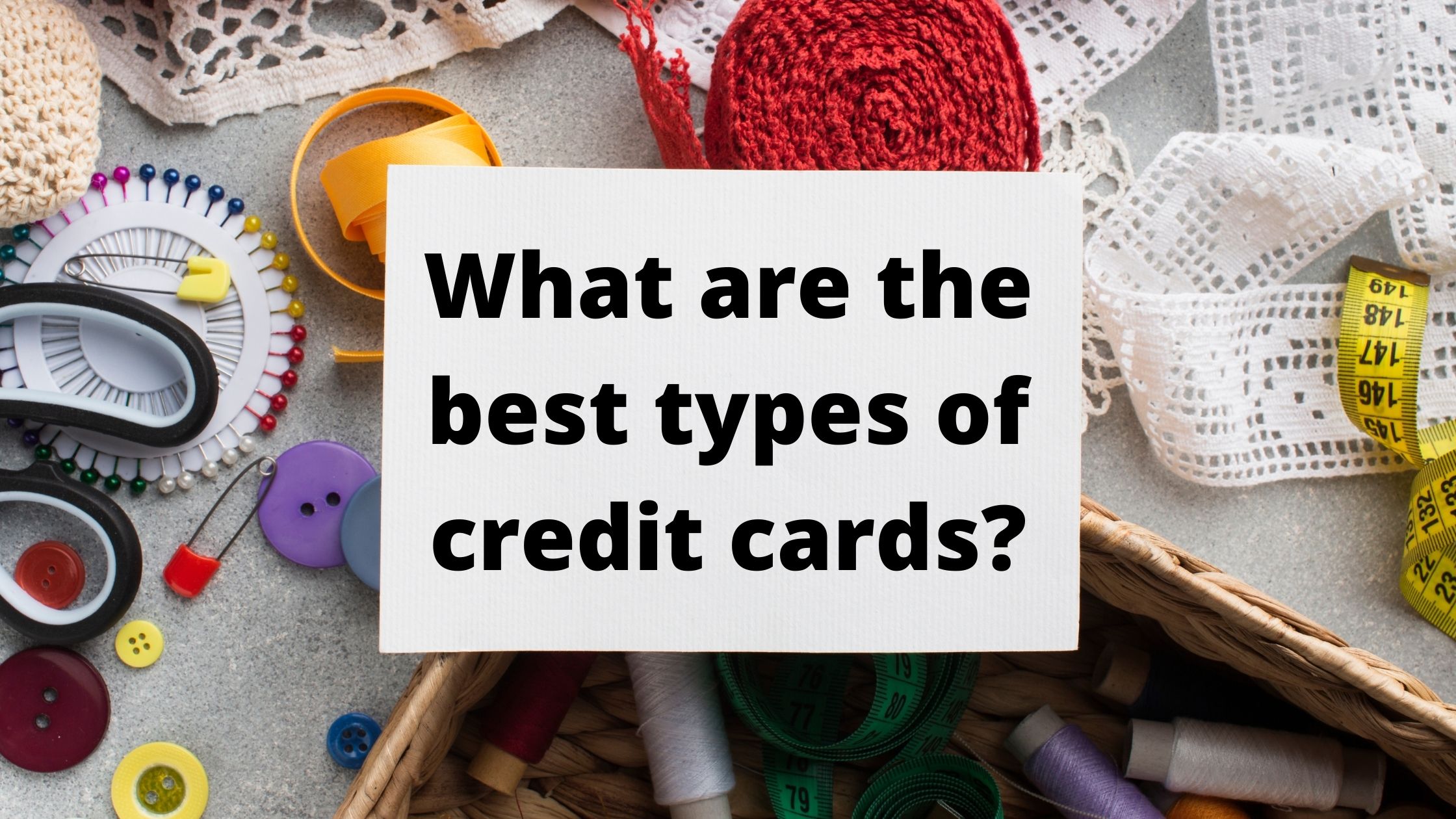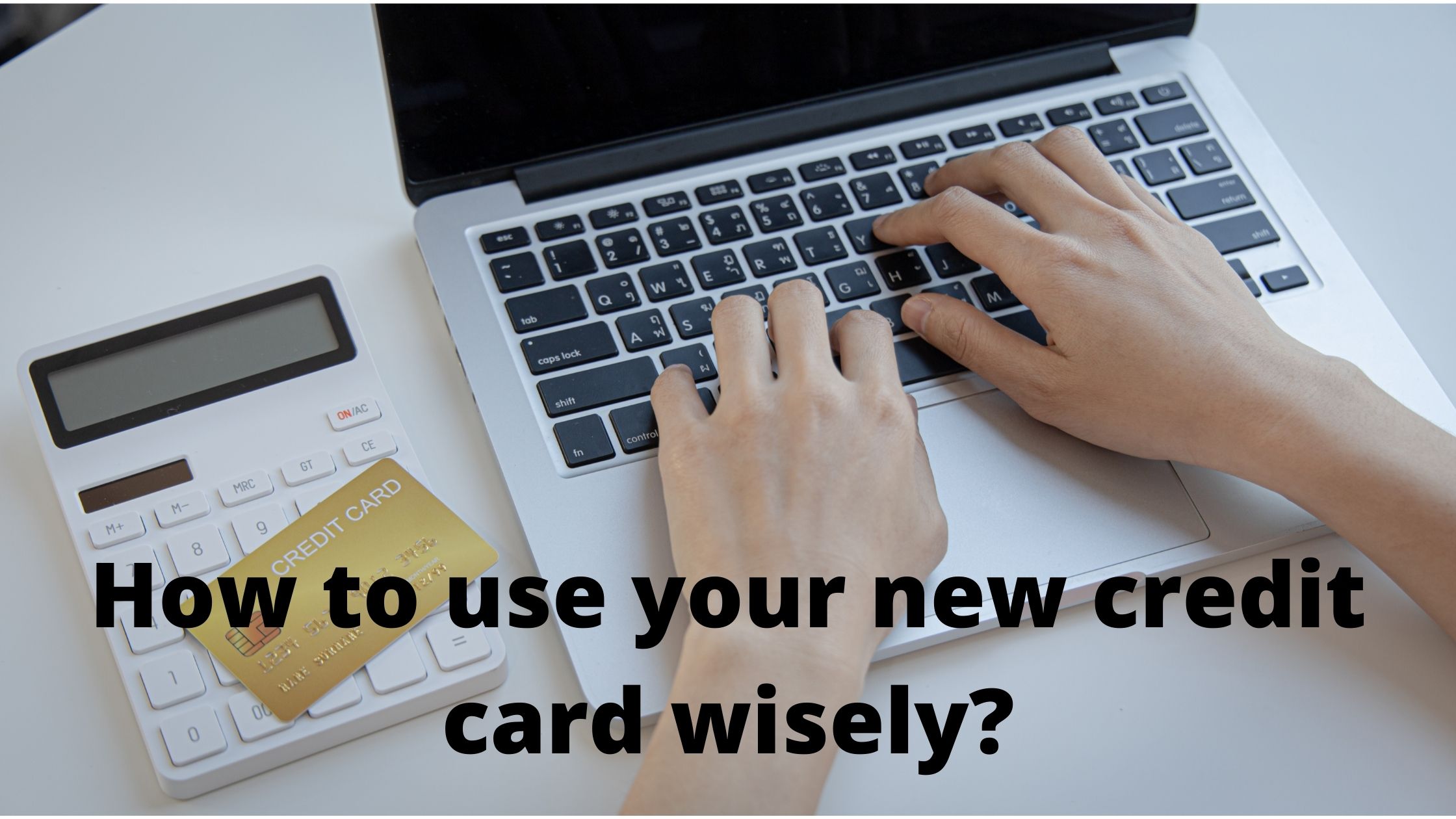Are you considering getting a credit card? If so, it’s important to be aware of some of the things that go into having one – not just the basics like how to use it and when to pay off your balance, but also some more subtle aspects of credit card usage. In this article, we’ll take a look at some of these considerations and explain what you need to know about them.
What are the best types of credit cards?
Credit cards are a great way to manage your finances and build your credit score. There are many different types of credit cards, so it’s important to choose the right one for your needs. Here are four types of credit cards you should consider:
-Credit card with low interest rates: If you’re looking to manage your expenses and build your credit score, a low-interest credit card is a great option. These cards typically have an annual percentage rate (APR) of around 14%.
-Credit card with Rewards: If you’re looking to maximize your savings and build your credit score, consider a credit card that offers rewards. Many of these cards offer bonus points when you make purchases, which can be redeemed for cash or other rewards.
-Credit card with travel benefits: If you’re planning on traveling soon, a travel-friendly credit card can help cover some of the costs. Many of these cards offer discounts on hotel rooms and other travel expenses.
-Credit card with security features: If you’re looking for a card that offers added security, consider a card with fraud monitoring and protection features. These features can help protect you from identity theft and other financial crimes.
What should you do if you’re approved for a card but don’t have the money to borrow?
If you’ve been approved for a credit card, but don’t have the money to borrow right away, don’t worry. There are plenty of other ways to get the credit card you want. Here are four tips:
1. Ask your bank if you can set up a secured credit card. This is a card where you put down a security deposit and then use the money you borrow against that deposit. The advantage of this type of card is that it often has lower interest rates, which can save you money over time.
2. Consider getting a credit score update. A good credit score will help you get approved for more loans in the future, including a credit card. You can get your credit score free once each year from the three major credit bureaus: Equifax, Experian and TransUnion.
3. Play ball with your creditors. If they offer a lower interest rate if you pay your bills on time, take them up on it. If they give you more leniency if you make small payments every month, do that too. Just be sure to keep track of all your obligations so that you don’t end up with more debt than you
How to get rid of your old credit card and protect your credit score
If you’re thinking about getting rid of your old credit card, there are a few things you need to know first. Here are six tips to help protect your credit score:
1. Don’t forget to report any unauthorized charges: If you get charged without your permission, report the theft or unauthorized use to your credit card company as soon as possible. This will help reduce your credit utilization and could result in a lower interest rate on future borrowings.
2. Pay off your balances in full each month: Credit card companies are interested in seeing that you have enough money available to cover any potential debt payments and interest charges. When you can do this, it will help improve your credit score.
3. Keep a low balance: A high balance on your credit card can negatively affect your credit score because it suggests that you may not be able to pay back what you owe if required. Try to keep your balance below 30% of your total available credit limit so that lenders view you more favorably.
4. Avoid using multiple cards: It’s tempting to use multiple cards because they offer different benefits, like discounts on goods and services. But using more than one card can actually
How to use your new credit card wisely?
You’ve just gotten a new credit card and you’re wondering how to use it best. Here are some tips to help you maximize your credit card benefits and minimize your risk:
1. Don’t carry a balance on your new card: This is the number one rule of thumb when it comes to using your new credit card. If you can avoid carrying a balance, it will save you money in interest and fees. Try to use your new card for small purchases that won’t affect your current monthly budget. If you find yourself struggling to pay off the balance each month, consider looking into financing options or switching cards.
2. Use your card for everyday expenses: Once you have established a regular spending pattern using your new credit card, start using it for everyday expenses like groceries, gas, and parking. This will help build a positive credit history and increase your chances of being approved for future loans or credit cards in the future.
3. Pay off your bill in full every month: One of the best ways to improve your credit score is to make sure that you always pay off your bill in full no matter what. This will help improve your debt-to
What to do if you’re charged for a purchase you never made
If you’ve been charged for a purchase you never made, there are a few things you can do to try and get your money back. The first thing to do is to contact the company that made the purchase and ask for a refund. This can be done through phone calls, email, or even in person. If you’re not satisfied with the response you receive, you can take your case to court. In order to do this, you’ll need to gather as much information as possible about the purchase, such as the name of the store where it took place, the date of the purchase, and the card used.
What to do if your credit card is lost or stolen?
If your credit card is lost or stolen, the best thing to do is call the credit card company and report the incident. You’ll need to provide your account number, the name of the card, and the date of the incident. The credit card company will then put a block on the account and contact you about getting a new card.
Conclusion
Whenever you make a purchase, your credit card is automatically charged. However, there are some important things to know about credit cards and your wallet in order to keep yourself financially safe. For example, always pay off your balance every month and don’t carry too much debt — these are two common mistakes that can lead to disaster. And finally, never leave your wallet unprotected — if someone steals your credit card number or other personal information, it could be very difficult to rectify the damage done. Thanks for reading!


